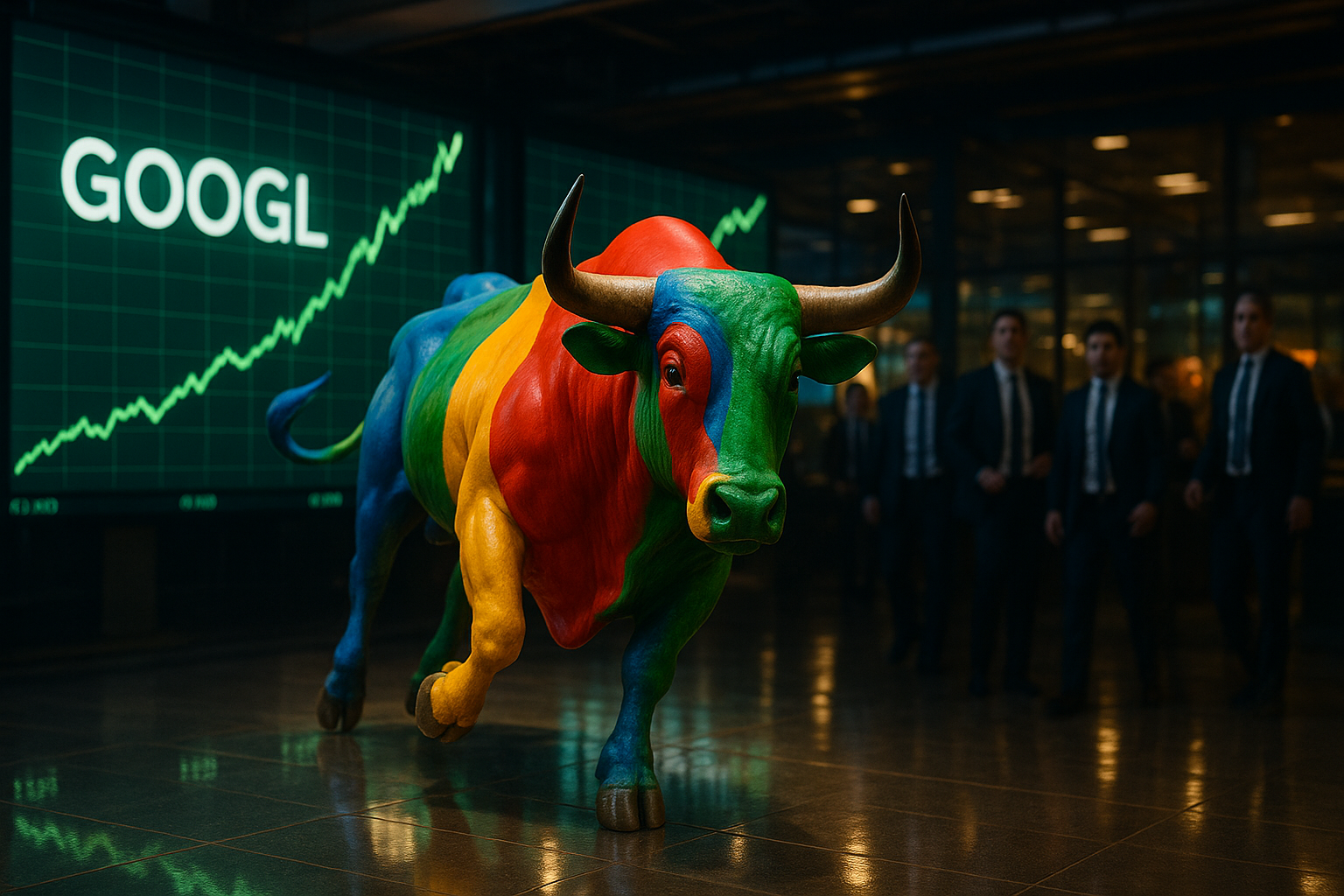Alphabet, Google's corporate parent, just delivered a knockout quarterly earnings report that has left financial analysts scrambling to revise their perpetually conservative projections. The tech behemoth reported $96.43 billion in revenue—comfortably sailing past the expected $94 billion—while earnings per share hit $2.31, making the predicted $2.18 look downright timid.
There's something almost comical about Wall Street's consistent inability to accurately forecast Alphabet's performance. Here's a company whose entire business revolves around predicting what information people want before they even know they want it, yet the financial experts paid to track its business keep coming up short. It's like meteorologists being genuinely surprised by rain during hurricane season.
The real story isn't just the beat itself—it's where the money's flowing.
YouTube advertising revenue reached $9.79 billion (versus $9.56 billion expected), while Google Cloud generated $13.62 billion (against predictions of $13.11 billion). These aren't random divisions; they represent Alphabet's strategic bets on the future of digital attention and enterprise computing.
YouTube might be the single greatest acquisition in corporate history. I've followed this space since the early 2000s, and it's still mind-boggling to remember Google purchased the video platform for just $1.65 billion back in 2006. Today? It generates nearly $10 billion in advertising revenue every three months. That's a 24x annual return on the original purchase price, year after year after year... and that calculation doesn't even factor in YouTube's strategic value in keeping users within Google's ecosystem.
Not bad for a platform that began with a 19-second video called "Me at the zoo."
Meanwhile, Google Cloud continues its impressive climb up the enterprise computing ladder. Though still trailing AWS and Microsoft Azure in market share (a fact Google executives probably hate being reminded of), that $13.62 billion quarterly haul makes it increasingly difficult to dismiss Google as "just an advertising company with some interesting side projects."
But here's where things get complicated. The elephant stomping through Alphabet's earnings call was, predictably, AI spending. The company's traffic acquisition costs hit $14.70 billion—notably higher than the expected $14.18 billion. Google is clearly throwing serious cash at maintaining its position in the AI arms race, which makes perfect sense when your entire business model depends on having the world's best information retrieval systems.
This creates a fascinating tension. Wall Street seems to want Alphabet to: 1) Dominate in AI to protect its core search business 2) Not spend too much money doing so 3) Show immediate returns on these massive AI investments 4) Maintain historic profit margins while completely transforming its business model
I mean... good luck with that.
The market's reaction to earnings reports often tells you more about the market than the company itself. Bulls will point to the revenue beat and Cloud strength as proof that Alphabet is successfully navigating the AI transition. Bears will fixate on the increased spending and existential threats from OpenAI, Anthropic, and other AI upstarts.
But here's what folks often miss about Google—they've always played the long game. When they were dumping billions into Android with no clear monetization plan, skeptics were everywhere. When they restructured as Alphabet to pursue moonshot projects like self-driving cars and extending human lifespan, many questioned their focus. The company consistently invests in infrastructure and capabilities that take years to mature and monetize.
What we're seeing now is just the opening moves of Google's AI strategy. The increased spending signals confidence rather than panic—a company betting big on what it believes is the next computational paradigm shift.
The coming quarters will be telling. Will Google's Gemini AI models start showing tangible impacts on search quality and ad effectiveness? Can YouTube continue fending off TikTok and other hungry video competitors? Will Cloud maintain its growth trajectory against deeply entrenched rivals?
One thing's certain: in the high-stakes poker game of Big Tech, Alphabet just showed it still has plenty of chips and isn't afraid to push them into the middle of the table. The rest of Silicon Valley—and those perpetually surprised analysts on Wall Street—would do well to take notice.




